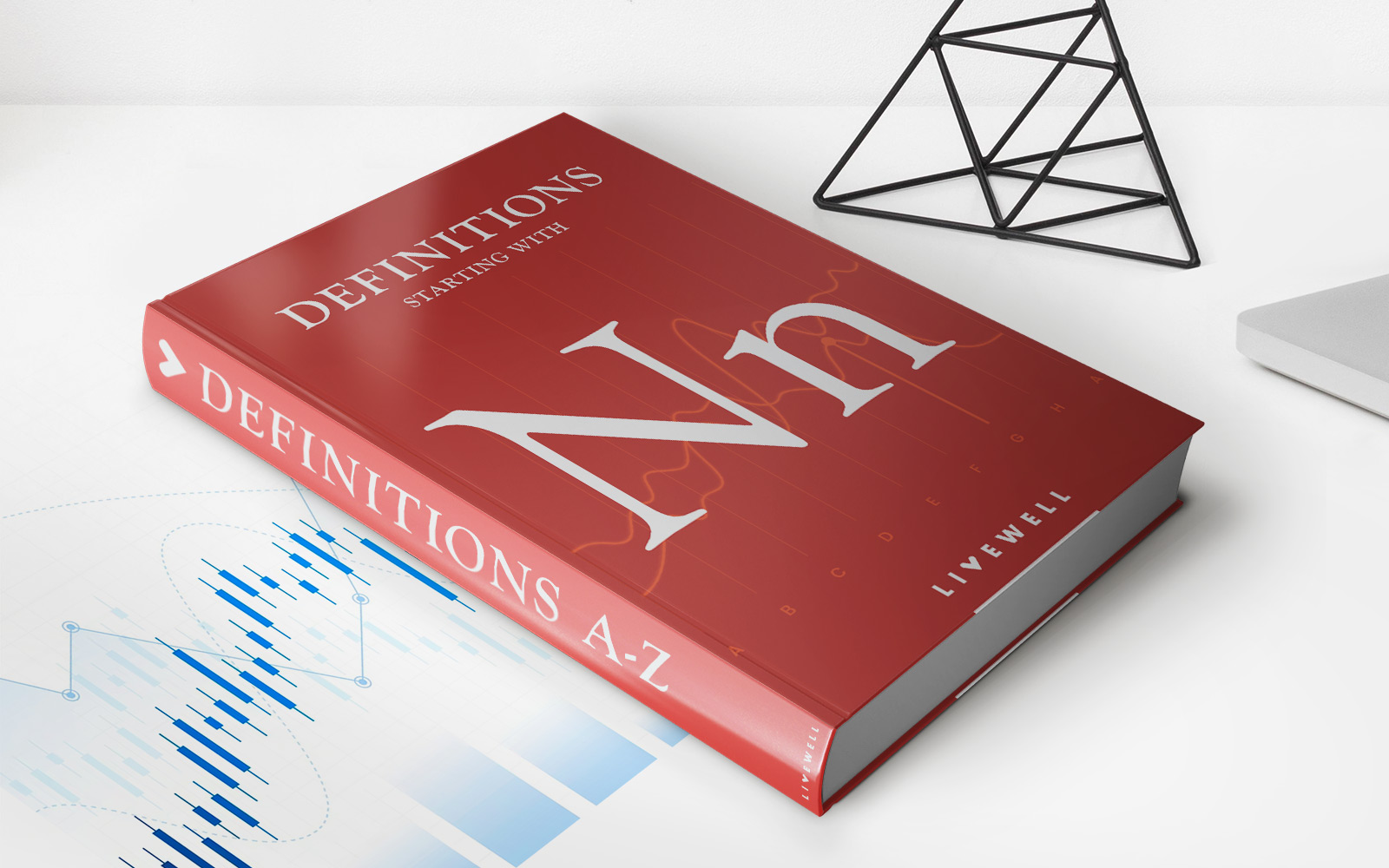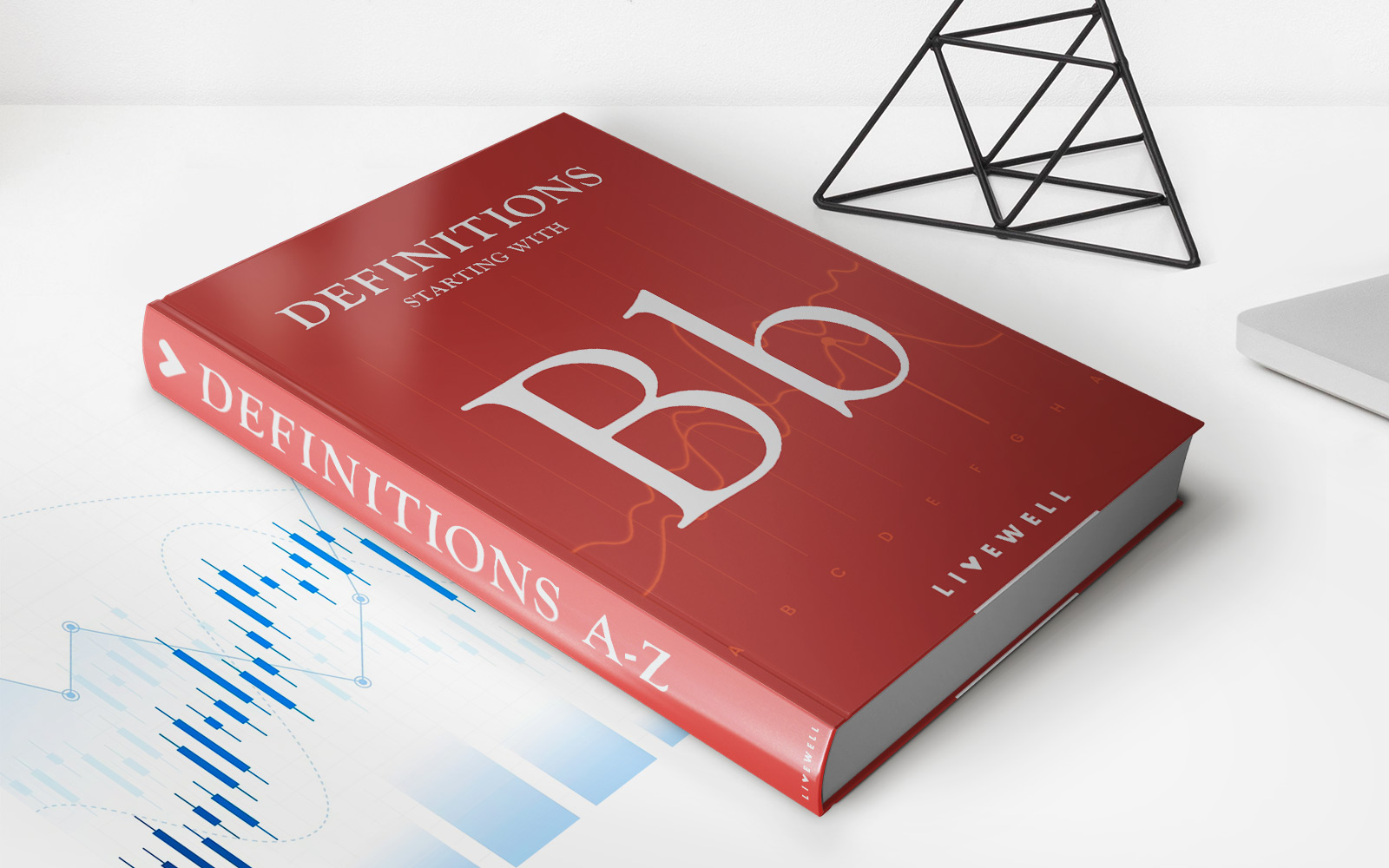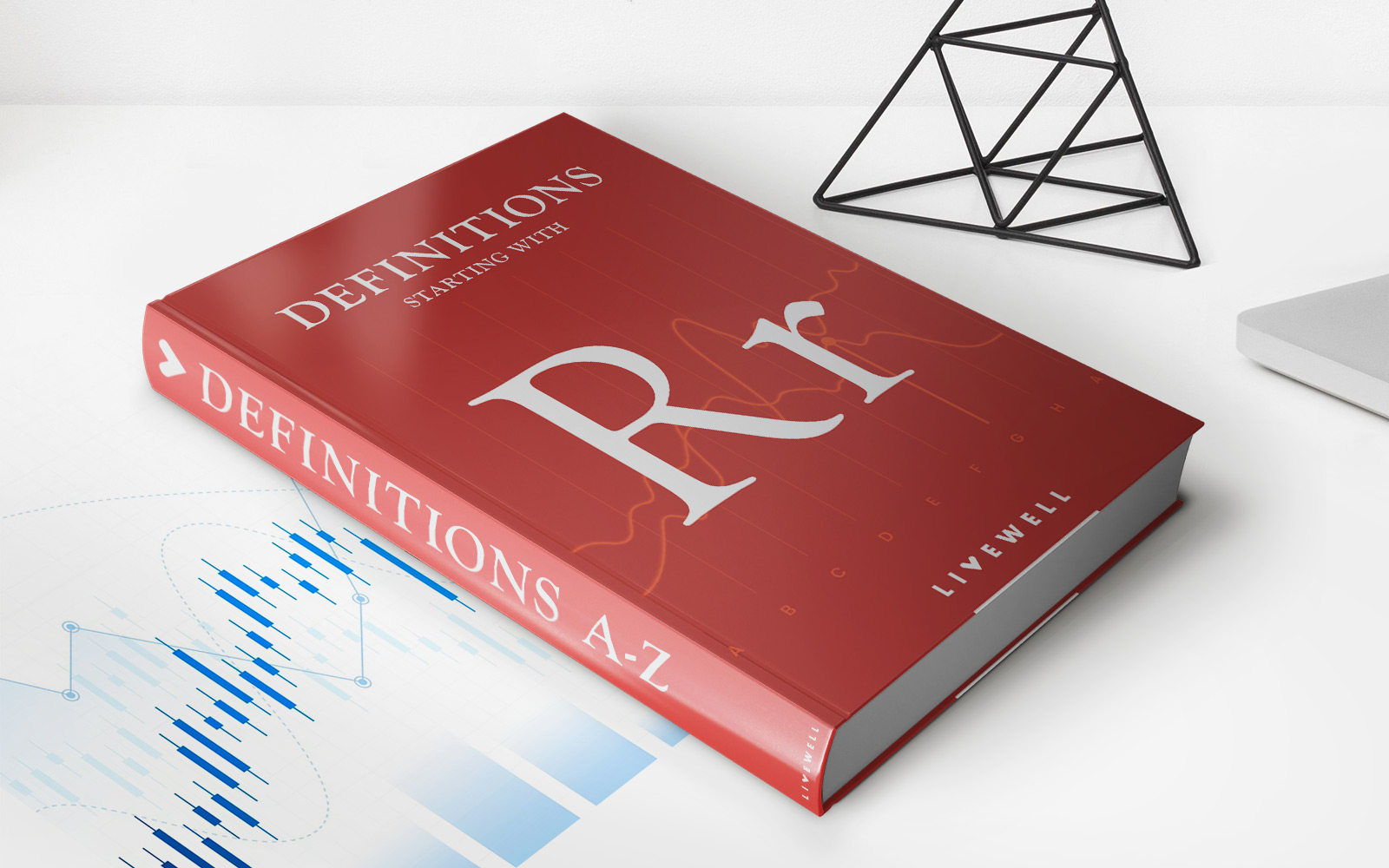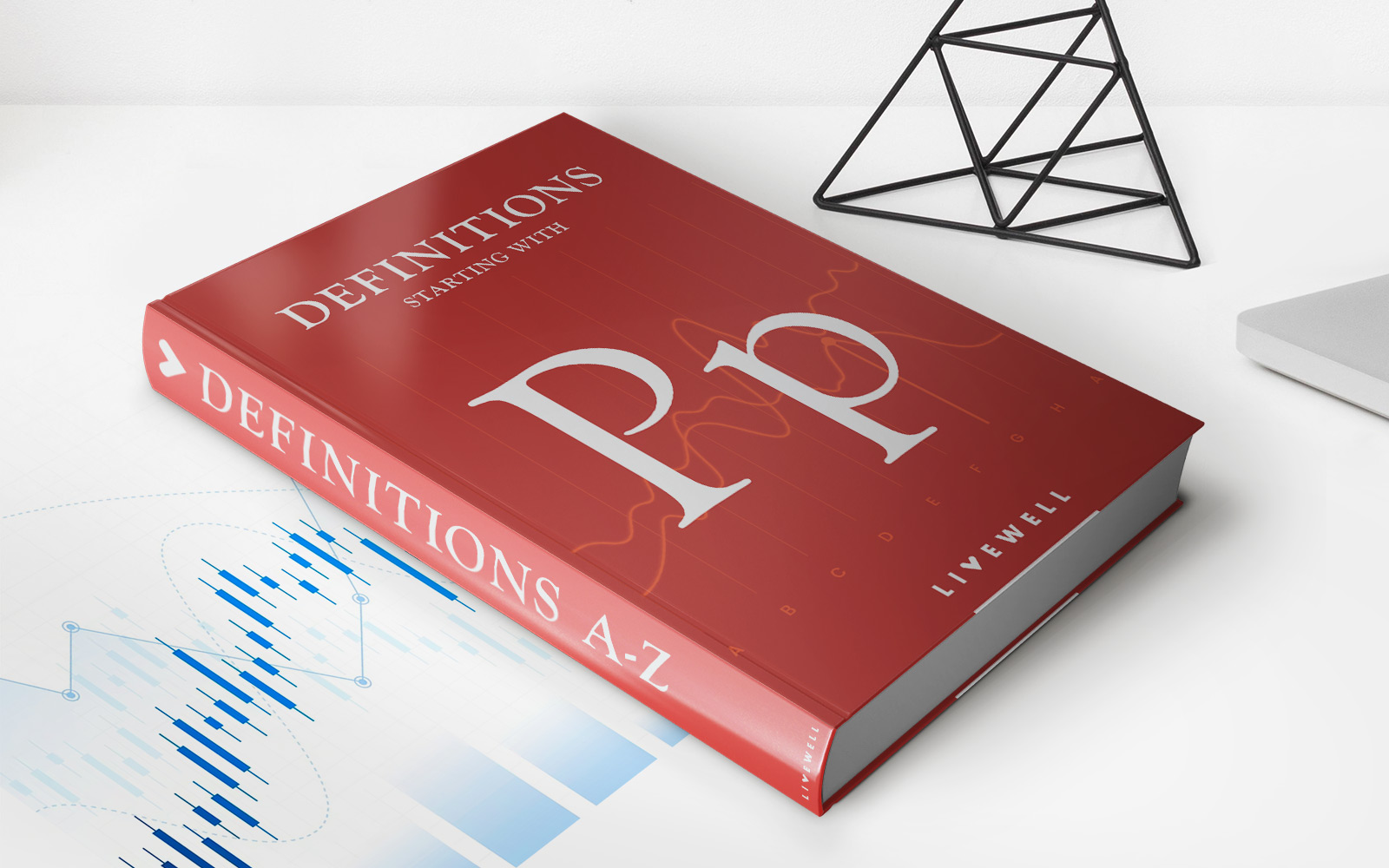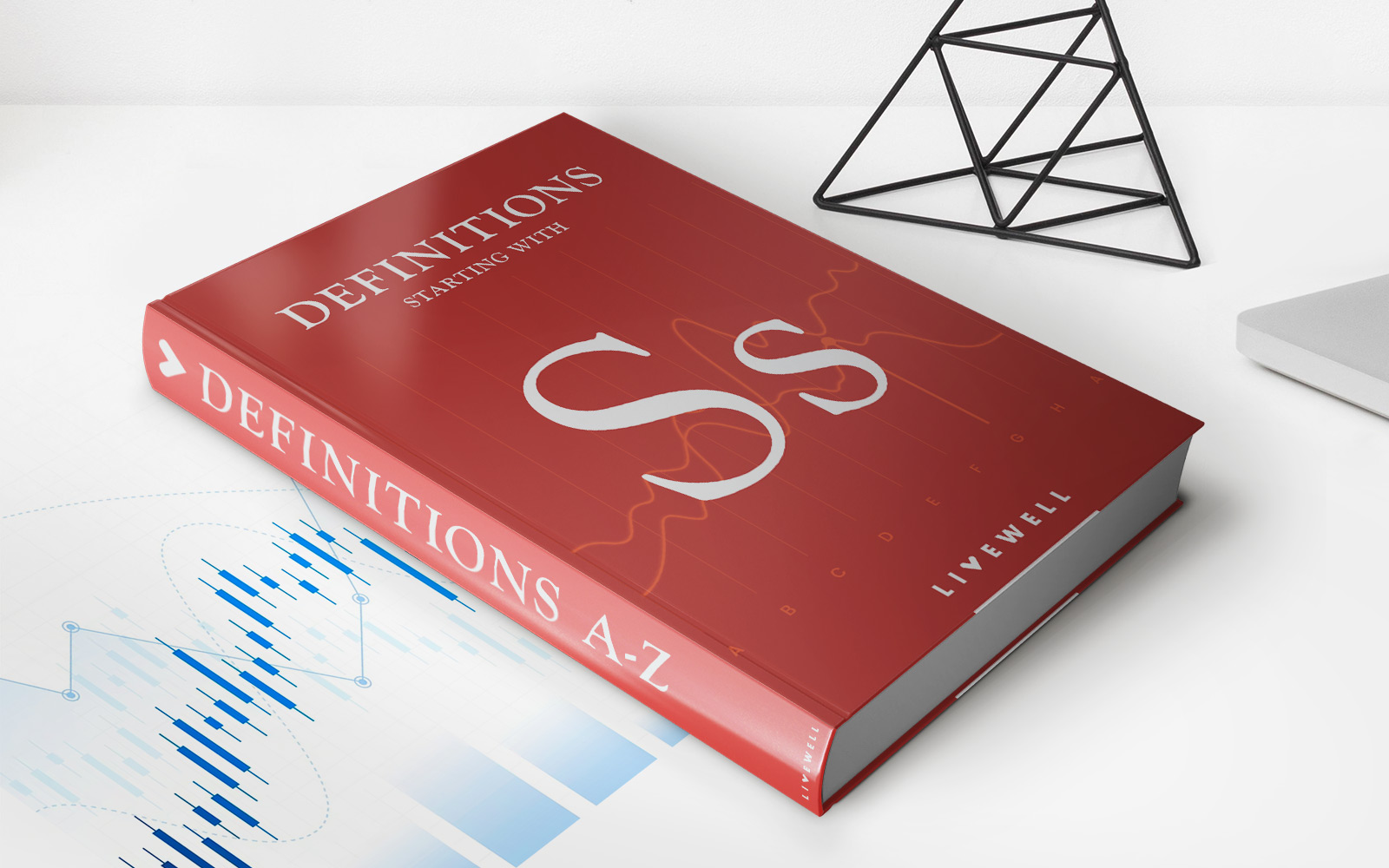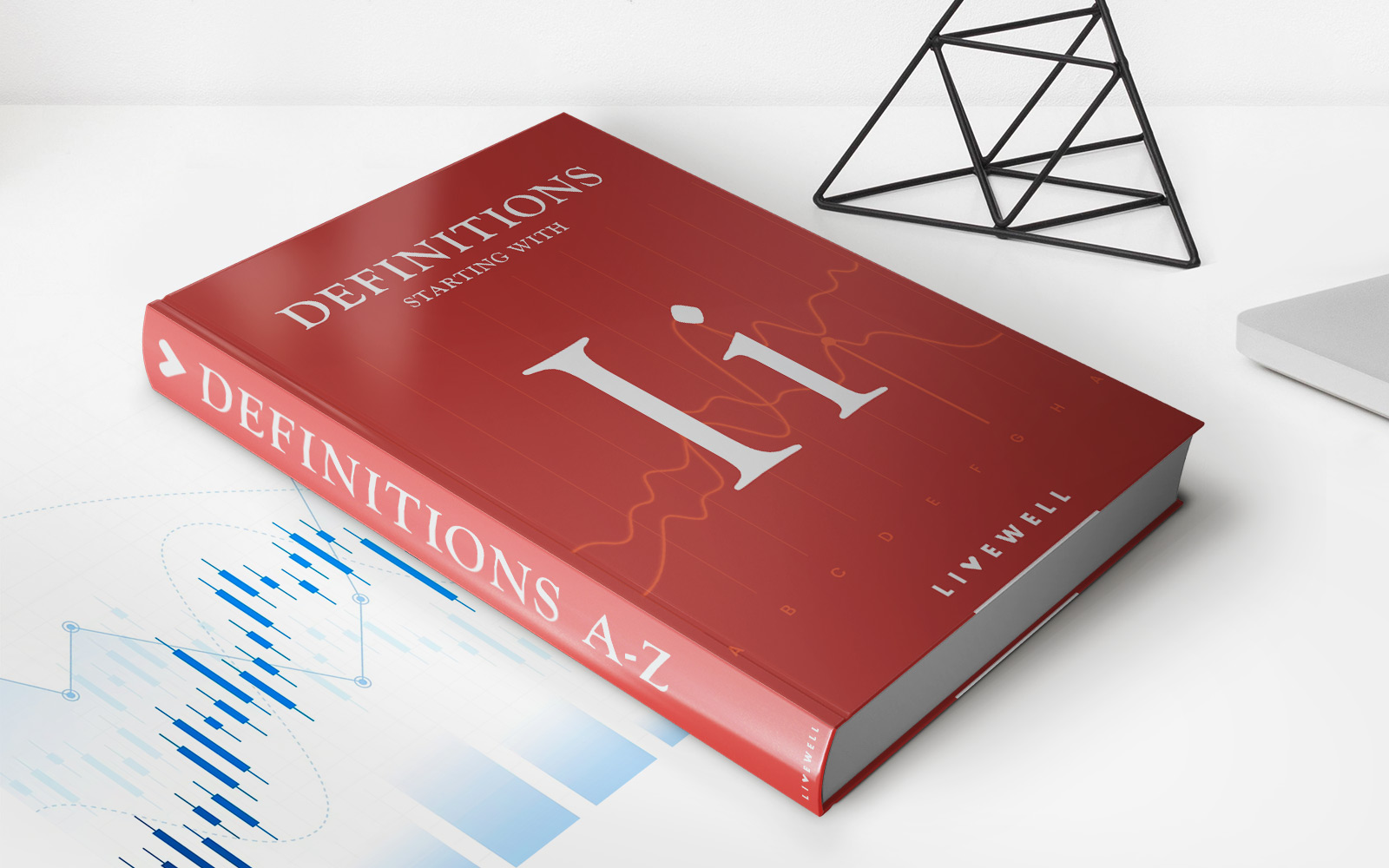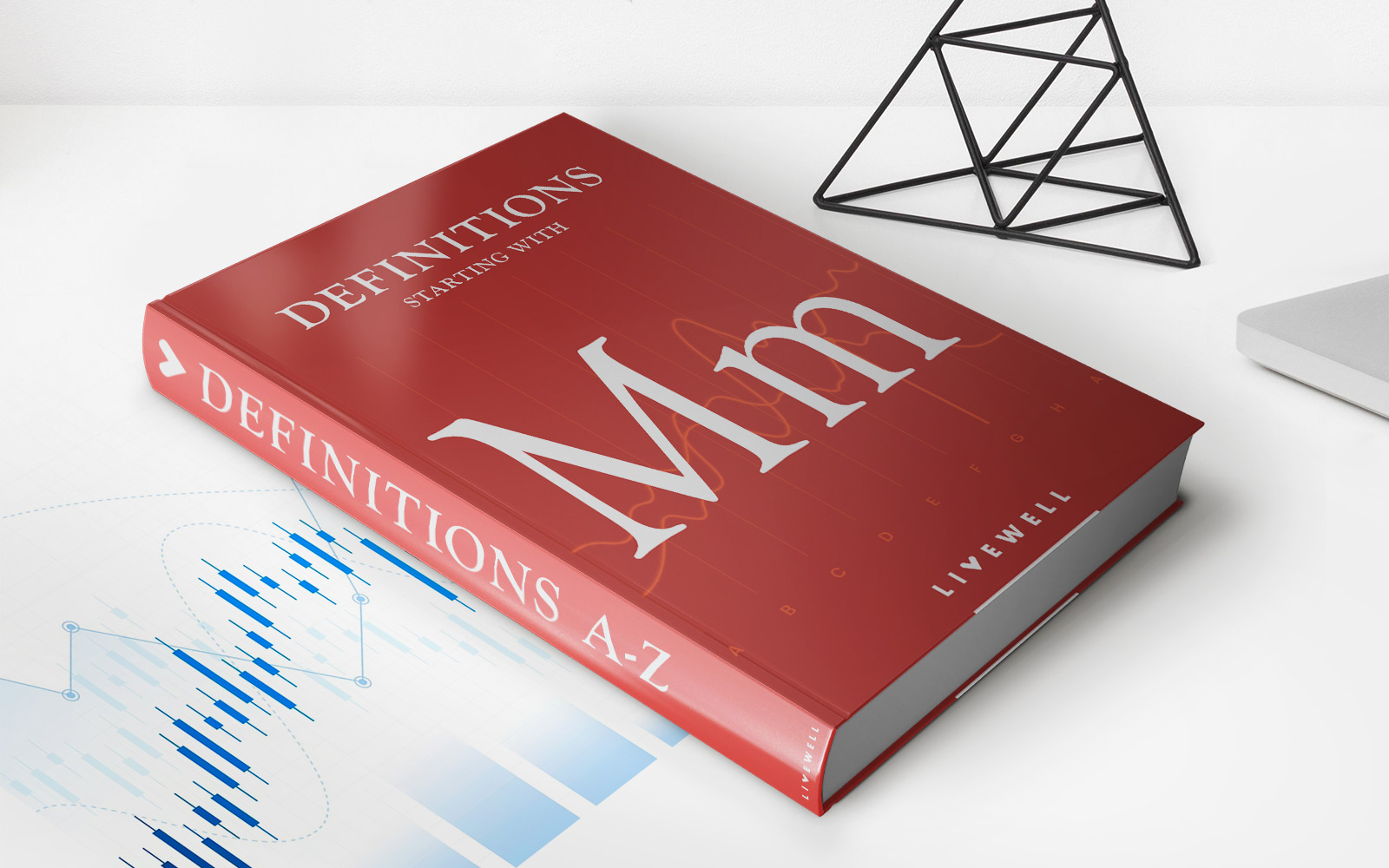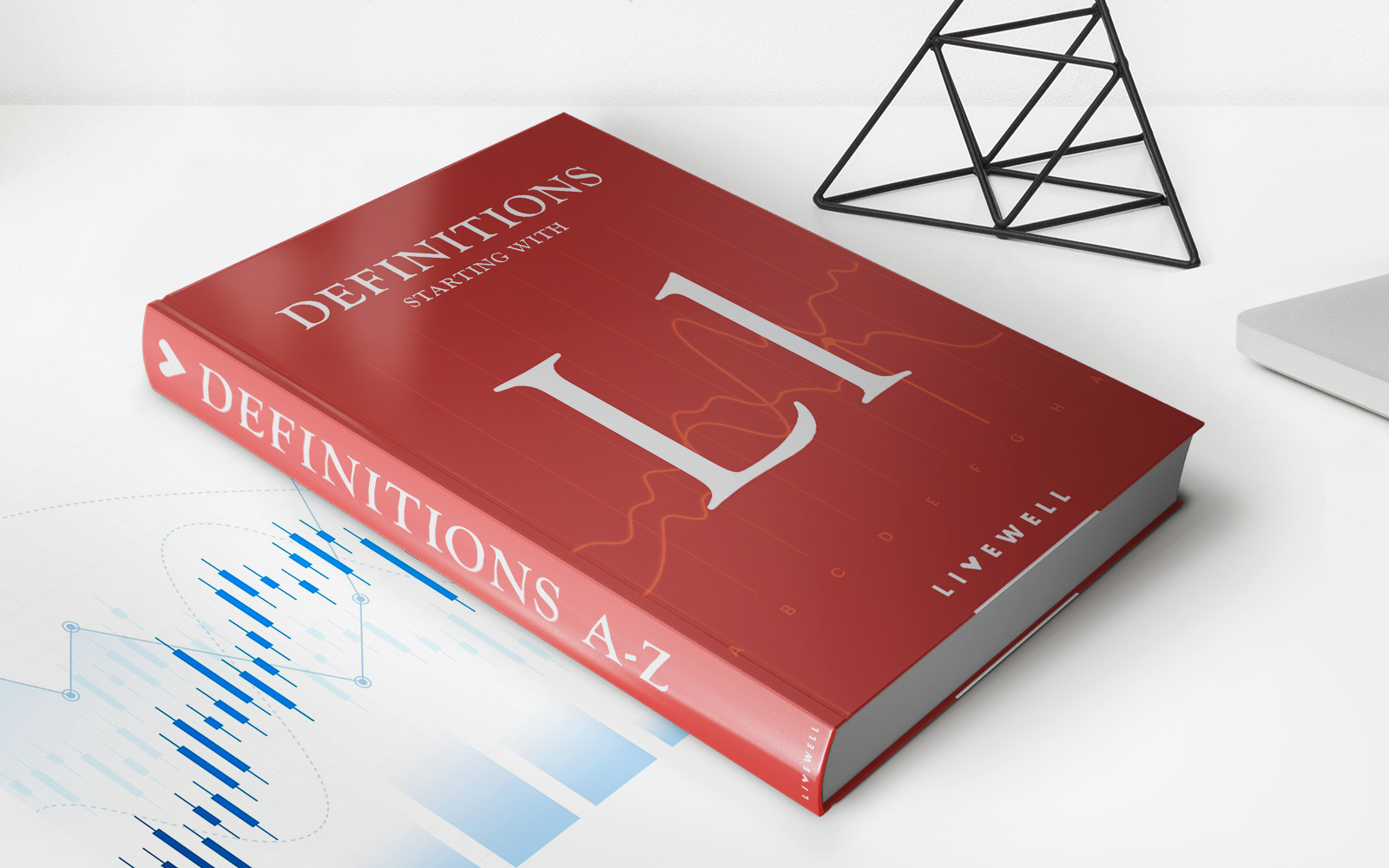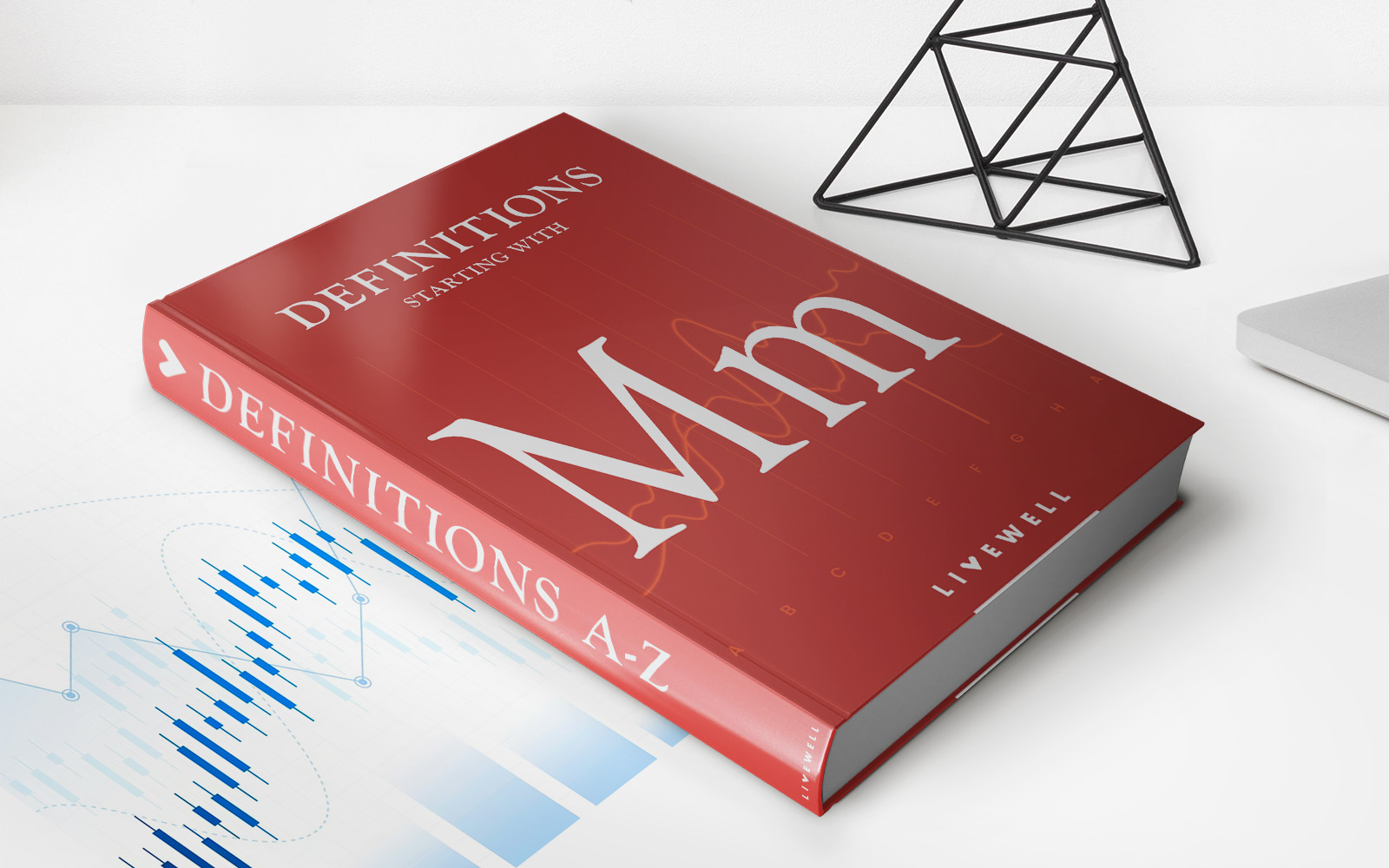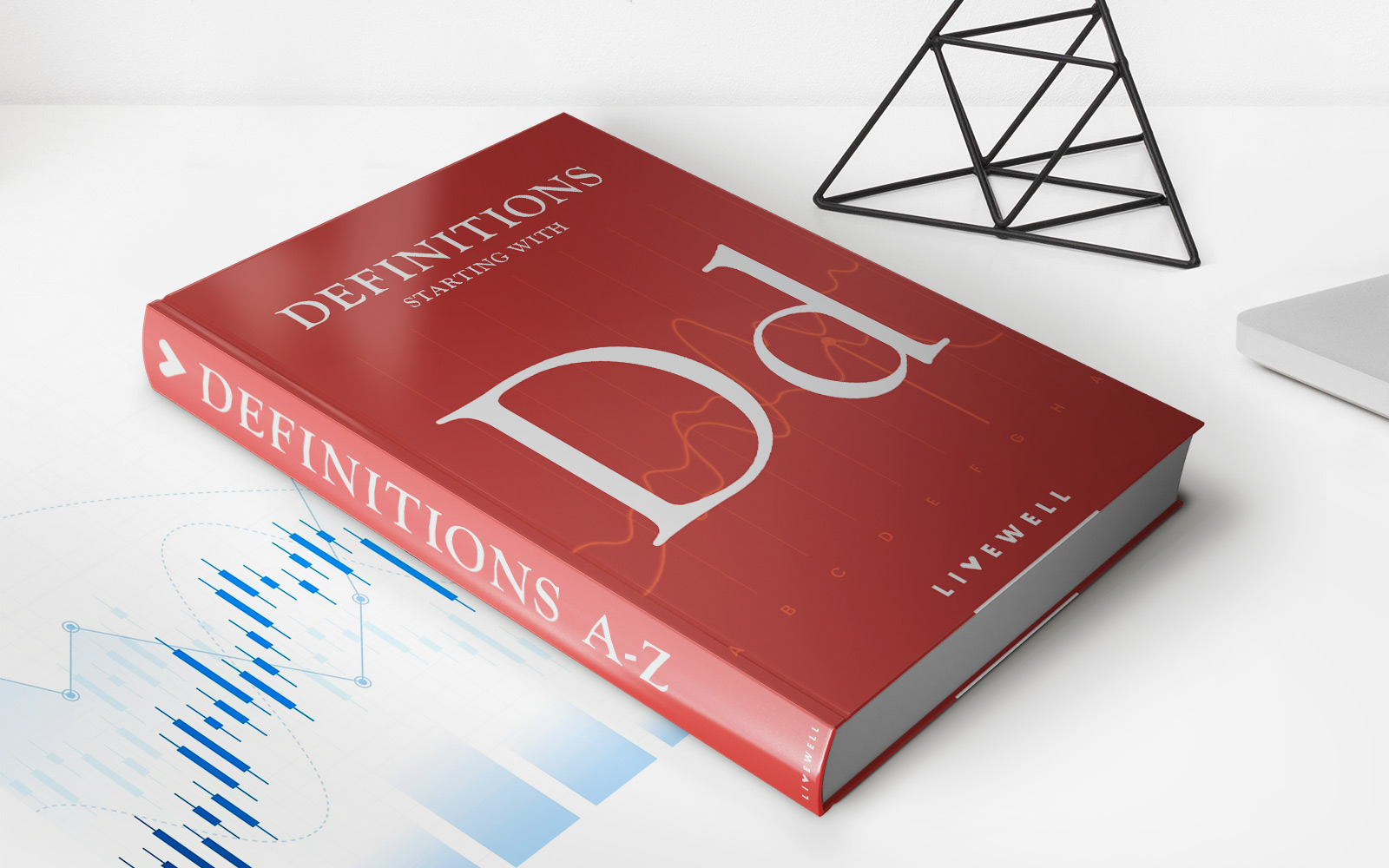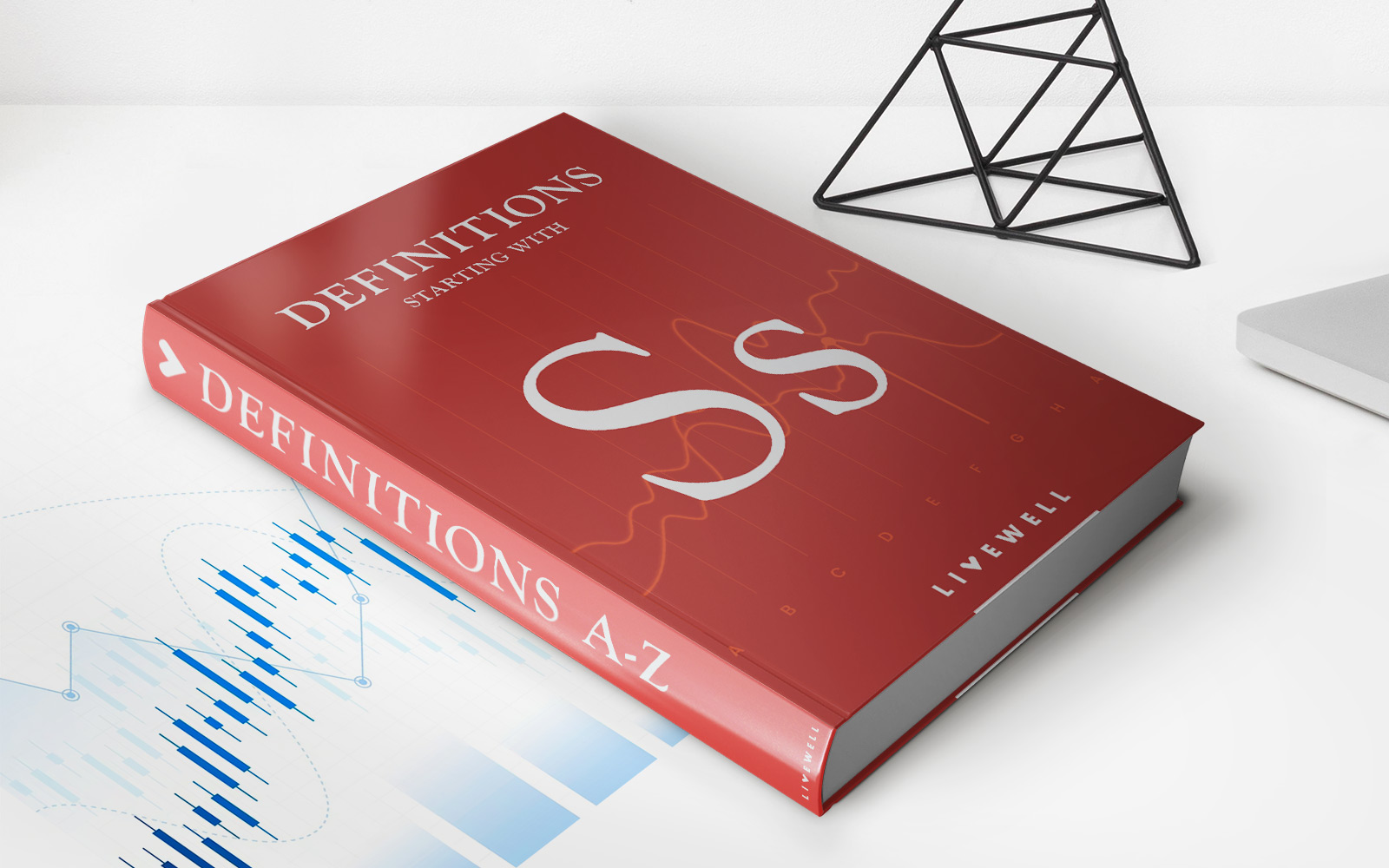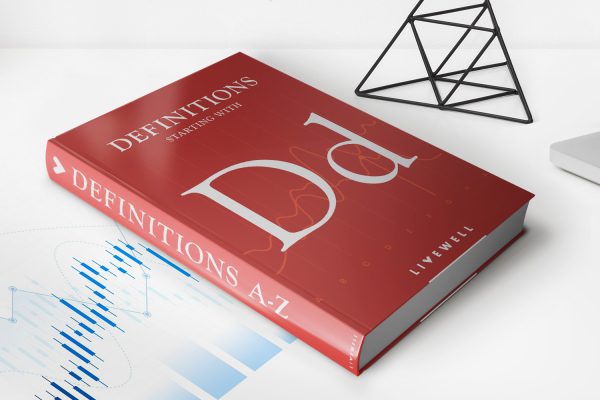Home>Finance>Mortgage Rate Lock: Definition, How It Works, Periods, And Fees
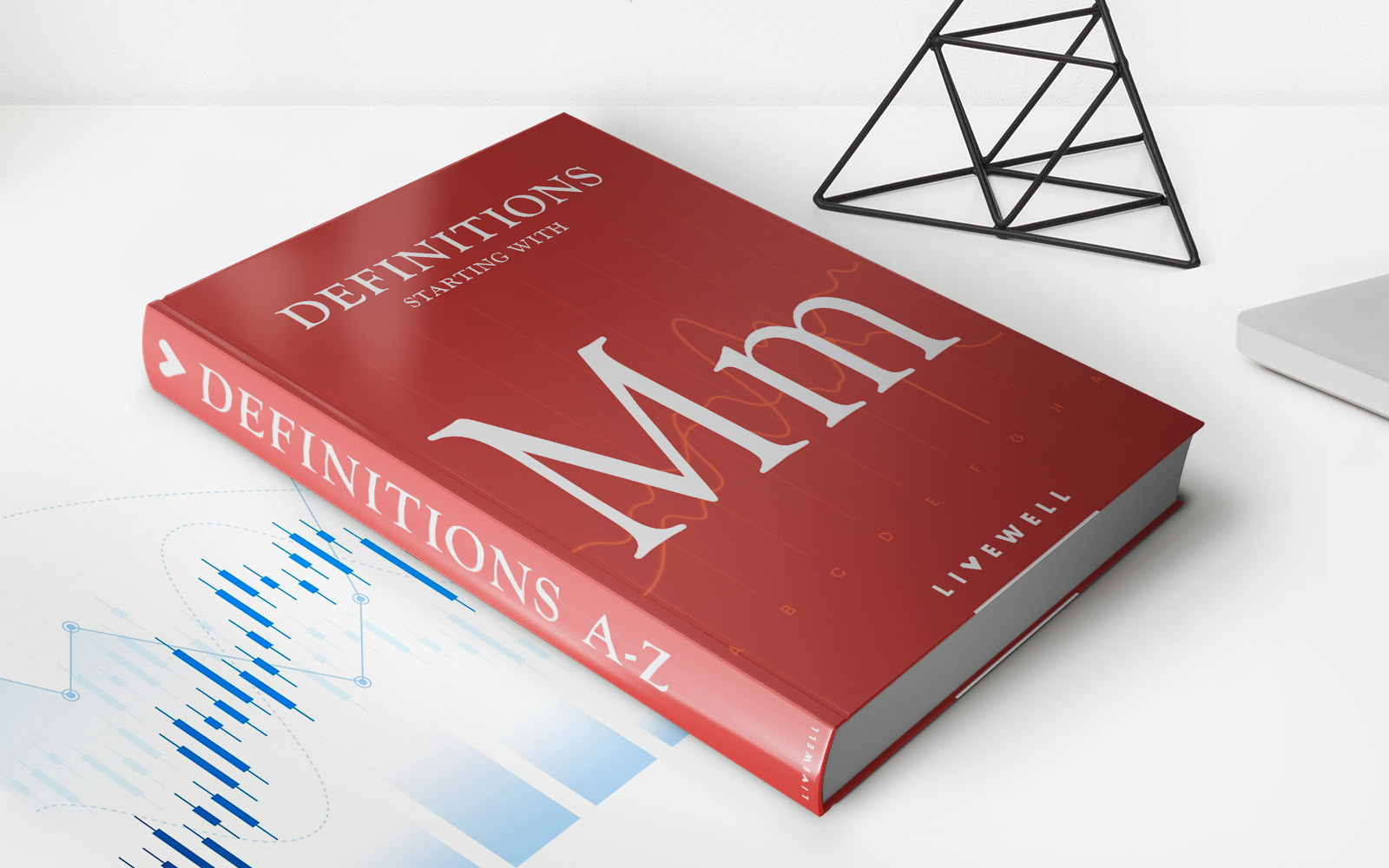

Finance
Mortgage Rate Lock: Definition, How It Works, Periods, And Fees
Modified: December 30, 2023
Learn about mortgage rate lock in finance, including its definition, how it works, the periods involved, and associated fees.
(Many of the links in this article redirect to a specific reviewed product. Your purchase of these products through affiliate links helps to generate commission for LiveWell, at no extra cost. Learn more)
Understanding Mortgage Rate Lock: A Complete Guide
Are you considering buying a new home or refinancing your existing mortgage? Then you’ve likely come across the term “mortgage rate lock”. But what does it mean and how does it work? In this article, we’ll dive into the definition and inner workings of a mortgage rate lock, so you can make informed decisions about your home loan.
Key Takeaways:
- A mortgage rate lock is an agreement between a borrower and a lender to secure a specific interest rate for a certain period of time.
- The purpose of a rate lock is to protect borrowers from potential rate increases during the home loan process.
What is a Mortgage Rate Lock?
When you apply for a mortgage, the interest rate you’re quoted is subject to change until it is officially locked. A mortgage rate lock is a contractual agreement between you and your lender that ensures your interest rate will remain the same for a specified period of time, usually 30 to 60 days.
The purpose of a rate lock is to protect borrowers from sudden interest rate fluctuations that could increase their monthly mortgage payments. By locking in a rate, you have peace of mind knowing that even if interest rates rise while your loan is being processed, your rate will remain unchanged.
How Does a Mortgage Rate Lock Work?
Here’s a step-by-step breakdown of how a mortgage rate lock works:
- Apply for a loan: Start by submitting a loan application with your chosen lender. They will verify your financial information and creditworthiness to determine the interest rate you qualify for.
- Request a rate lock: Once you’re satisfied with the interest rate quote, you can request a rate lock from your lender. It’s important to specify the desired lock-in period since rates can vary depending on the length of the lock.
- Lender reviews and approves: The lender will review your rate lock request and determine if they can offer the requested rate for your desired period. If approved, they will issue a rate lock agreement.
- Rate lock agreement: The rate lock agreement specifies the locked interest rate, lock-in period, and any associated fees. It is a legally binding contract between you and the lender.
- Loan processing: Once your rate is locked, your loan application will proceed to the processing stage. During this time, the lender will verify your financial documents, order an appraisal, and perform other necessary tasks to prepare for closing.
- Rate commitment: The rate lock period, typically 30 to 60 days, provides a window during which you are guaranteed the locked rate, regardless of market fluctuations. This allows you to plan your financials based on a stable mortgage payment.
- Closing the loan: As long as you close the loan before the rate lock expires, your interest rate will remain the same. If, however, the lock expires before closing, your rate could reset to the current market rate, potentially affecting your monthly payments.
Periods and Fees Associated with Mortgage Rate Locks
Mortgage rate lock periods typically range from 30 to 60 days, although some lenders may offer shorter or longer options. The length of the rate lock period is an essential consideration as it affects the interest rate and potential fees associated with the agreement.
Here are a few things to keep in mind:
- The longer the lock period, the higher the interest rate may be.
- Extending the rate lock can result in additional fees or a higher interest rate.
- If the lock expires, you may need to renegotiate the rate or risk getting a higher interest rate.
- Every lender has its own policies regarding rate lock periods and related fees, so it’s important to review the terms with your lender before committing.
In conclusion, a mortgage rate lock is a valuable tool for borrowers to secure a specific interest rate for a limited period of time. By understanding how rate locks work and the associated periods and fees, you can make informed decisions and better navigate the home loan process.
